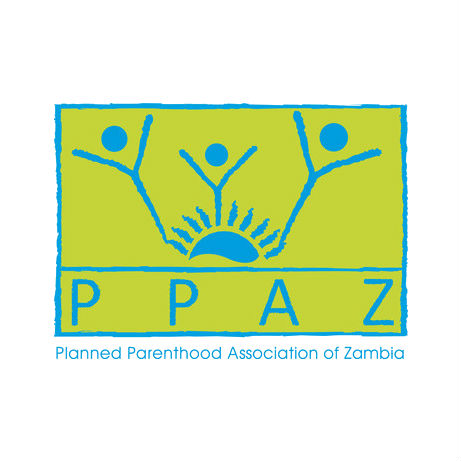

| 31 March 2016
Korea Population, Health and Welfare Association
The Korea Population, Health and Welfare Association (KoPHWA), a leading non-profit organization founded under the Maternal and Child Health Law, has played a great role for the successful implementation of population and reproductive health program since 1961. The vision of KoPHWA is to become a leading agency in enabling women, couples, and families to decide their family planning as well as promoting and ensuring a healthy community. Its objectives are to maintain a healthy population through the sustained implementation of reproductive health programmes, to promote family health and welfare, and to improve the quality life of general public by creating a sound and healthy family environment. In pursuit of these objectives, KoPHWA runs a wide range of information, education, and communication (IEC) programs to raise the public awareness of population issues, and is active in young people’s education and participation. Besides, KoPHWA delivers the MCH and Family Health services particularly to women and children through 13 branch clinics; it also provides mobile OB-GYN services to increase the access to medical and health information and services of marginalized groups. In addition, the KoPHWA’s works of developing and distributing high-quality materials have consistently contributed to creating the family-friendly childbirth and childcare environment as well as promoting good sexual and reproductive health practice. Address: 20, Beodeunaru-ro 14ga-gil, Yeongdeungpo-gu, Seoul, 150-040, Republic of Korea

| 31 March 2016
Planned Parenthood Association of Zambia
The Planned Parenthood Association of Zambia (PPAZ) was created in 1972. Then, it was dedicated to the promotion of family planning services. Over the years, it has evolved into a major service provider and advocacy body, with significant input into government policy on sexual and reproductive health (SRH) issues. Services offered include family planning, voluntary counselling and testing (VCT) for HIV, the treatment of sexually transmitted infections (STIs), antenatal and post-natal care, emergency contraceptive provision, laboratory tests, and screening. PPAZ refers clients on for additional services including prevention of mother-to-child transmission (PMTCT), antiretroviral treatment and home-based care. The organization operates 3 static clinics, 11 mobile units and 10 community-based services (CBSs). It has a full-time staff of 34, backed by 1,300 volunteers which include over 200 community-based distributors (CBDs) and 398 peer educators. In total, PPAZ runs 229 service points. PPAZ places a strong emphasis on HIV and AIDS prevention and treatment: as the statistics show, HIV prevalence rates are exceptionally high in Zambia. PPAZ has worked intensively on integrating gender and empowerment perspectives into HIV prevention. It has undertaken behaviour change communication projects directed at young people, both in and out of school settings, and it’s taken similar projects out to rural communities. PPAZ partners extensively with non-governmental organizations (NGOs), particularly those involved in youth and HIV and AIDS work. It receives financial support from Care international, UNICEF, the Japanese Organisation for Cooperation in Family Planning (JOICEP), Forum RFSU and IPPF’s Japan Trust Fund. Contacts Website: www.ppaz.org.zm Facebook: https://www.facebook.com/groups/137992098191/







